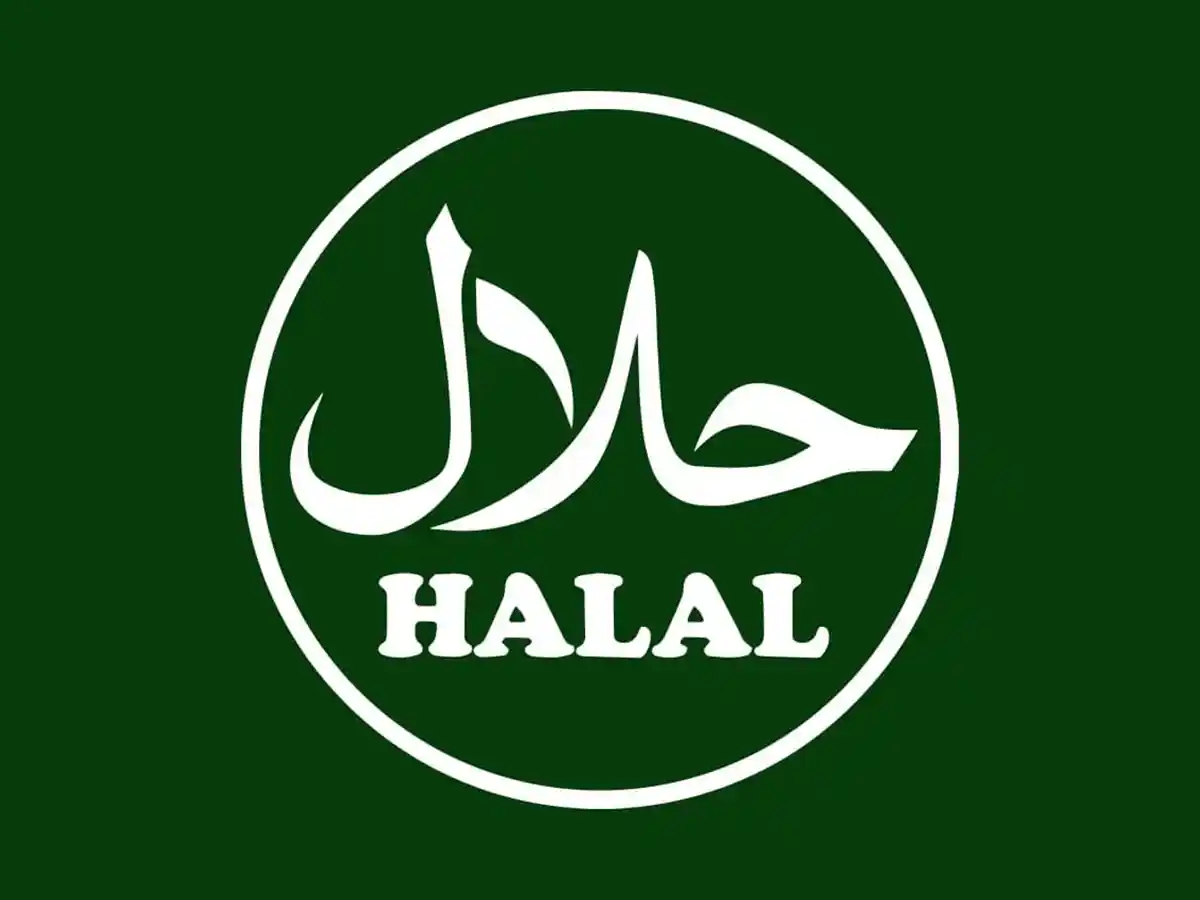Halal Certification Industry: Challenges and Controversies (2025)
Examining Fraud, Economic Coercion, and Ethical Issues
Introduction
The halal certification industry ensures products comply with Islamic standards, serving a $2 trillion market for 1.8 billion Muslims. Covering food, cosmetics, pharmaceuticals, and even construction materials, it verifies the absence of haram (forbidden) ingredients and adherence to specific slaughter methods. However, accusations of it being a "scam" stem from food fraud, economic coercion, animal welfare concerns, and lack of regulation. As of September 2025, these issues—highlighted by scandals in the UK, US, and India—undermine trust and spark calls for reform. This webpage analyzes these challenges, drawing on diverse sources for a balanced perspective.[1][2]
Food Fraud and Mislabeling
Fraudulent labeling, where non-halal products are sold as halal, is a major issue exploiting complex global supply chains.
- Global Incidents: In Thailand (2020), pork was coated in oxblood and sold as halal beef, confirmed by Chulalongkorn University’s Halal Science Centre.[3] In the UK, pork was found in halal lamb burgers (Leicester, 2013) and doner kebabs (2013), with a Birmingham wholesaler fined £35,000 in 2019.[4]
- US Challenges: A 2021 Michigan State University study highlighted fraud in the absence of federal regulation. A 2023 bribery scandal involving Habib Ghanim of the USA Halal Chamber of Commerce exposed fake certifications for Egyptian exports.[5]
- Recent Cases: In Switzerland (2024), a Zurich butcher sold 3 tons of pork as halal veal for three years. In India, fake certificates for non-food items like cement were reported in 2025.[6][7]
Impact: Fraud erodes trust among Muslim consumers and raises costs for all due to mislabeling. Experts note supply chain opacity makes prosecution difficult.[8]
Economic Coercion and "Indirect Tax" Claims
Critics argue halal certification acts as an economic burden, with fees passed to all consumers, resembling a "jizya" tax.
- Certification Costs: Companies like Cadbury and Nestle pay $500–$5,000 per product line annually, even for non-food items like water or cement, increasing prices.[2]
- Non-Muslim Concerns: In Australia, Senator Cory Bernardi (2018) called it an “extortion racket” funding religious activities. In India, Solicitor General Tushar Mehta (2025) criticized certifications for non-essential items.[9][10]
- Fund Misuse: A 2018 analysis linked 1 in 5 European certifiers to the Muslim Brotherhood. In India, Hindu groups allege fees fund anti-India activities, including terror.[11][12]
Impact: Non-Muslims face higher costs (e.g., French halal sales hit $210 million in 2011), fueling perceptions of a “Muslim-only economy.”[13]
Animal Welfare Concerns
Halal slaughter without pre-stunning is criticized as cruel by animal rights groups.
- Non-Stunned Slaughter: About 16% of UK halal meat is non-stunned, with animals potentially taking 30 minutes to die, banned in Denmark and Belgium.[14]
- Public Backlash: X polls (e.g., @nogulagsagain, 2025) show support for bans, with 25,000+ votes. Sikh communities argue it violates their beliefs.[15]
Impact: Ethical concerns alienate non-Muslims and complicate industry legitimacy.[8]
Lack of Regulation and Broader Implications
The absence of global standards enables fraud and expands certification to non-essential products.
- No Global Standards: Varying interpretations create exploitable “grey areas.” US studies (2021) recommend traceability tech.[5]
- Non-Food Expansion: Certifications for diapers, vaccines, and cement raise questions about necessity.[2]
- Muslim Perspectives: Some Muslims (e.g., Reddit’s r/islam, 2023) advise avoiding doubtful meat, preferring vegetarian options.[16]
Impact: Lack of oversight undermines trust and fuels perceptions of profiteering.[13]
Is the Industry a Scam?
While not entirely fraudulent, systemic issues—fraud, coercion, opacity—lend credence to “scam” accusations. The industry supports exports (e.g., Australia to Indonesia) and assures Muslim consumers, but reforms are needed:
Conclusion
The halal certification industry, vital for the $2 trillion halal market, faces significant challenges in 2025, including fraud (e.g., UK, Switzerland cases), economic coercion (raising costs for all), animal welfare concerns, and regulatory gaps. While not inherently a scam, these issues erode trust and fuel criticism from Muslim and non-Muslim consumers alike. Reforms like government oversight and transparency are critical to ensure legitimacy. Consumers can check labels to avoid contributing, and stakeholders should monitor USDA or Australian inquiries for updates.[1][13]
Sources
- Halal Certification in Australia, Wikipedia
- Halal Certification Scam Creates a Muslim-Only Economy, The Print
- Thai Halal Scandal, Salaam Gateway
- Muslim Parents Outraged Over Halal Meat Contamination, Daily Mail
- Exploring Halal Meat Fraud, MSU
- Zurich Halal Meat Scandal, The Sun
- X Post by @RatanSharda55, February 15, 2025
- Halal Food Fraud, MDPI
- Australia’s Halal Certification Industry, SMH
- X Post by @pinakasena, August 20, 2020
- EU Halal Certification Linked to Muslim Brotherhood, Islamism Map
- X Post by @shrisaxena, November 3, 2024
- The Rise of the Halal Economy, Salaam Gateway
- Religious Slaughter: Science and Ethics, UK Government
- X Post by @geoffspark1, January 10, 2025
- Halal Meat Controversy, Reddit r/islam
- X Post by @monidipadey, October 25, 2024
- Stop Halal Certification in Australia, Change.org
